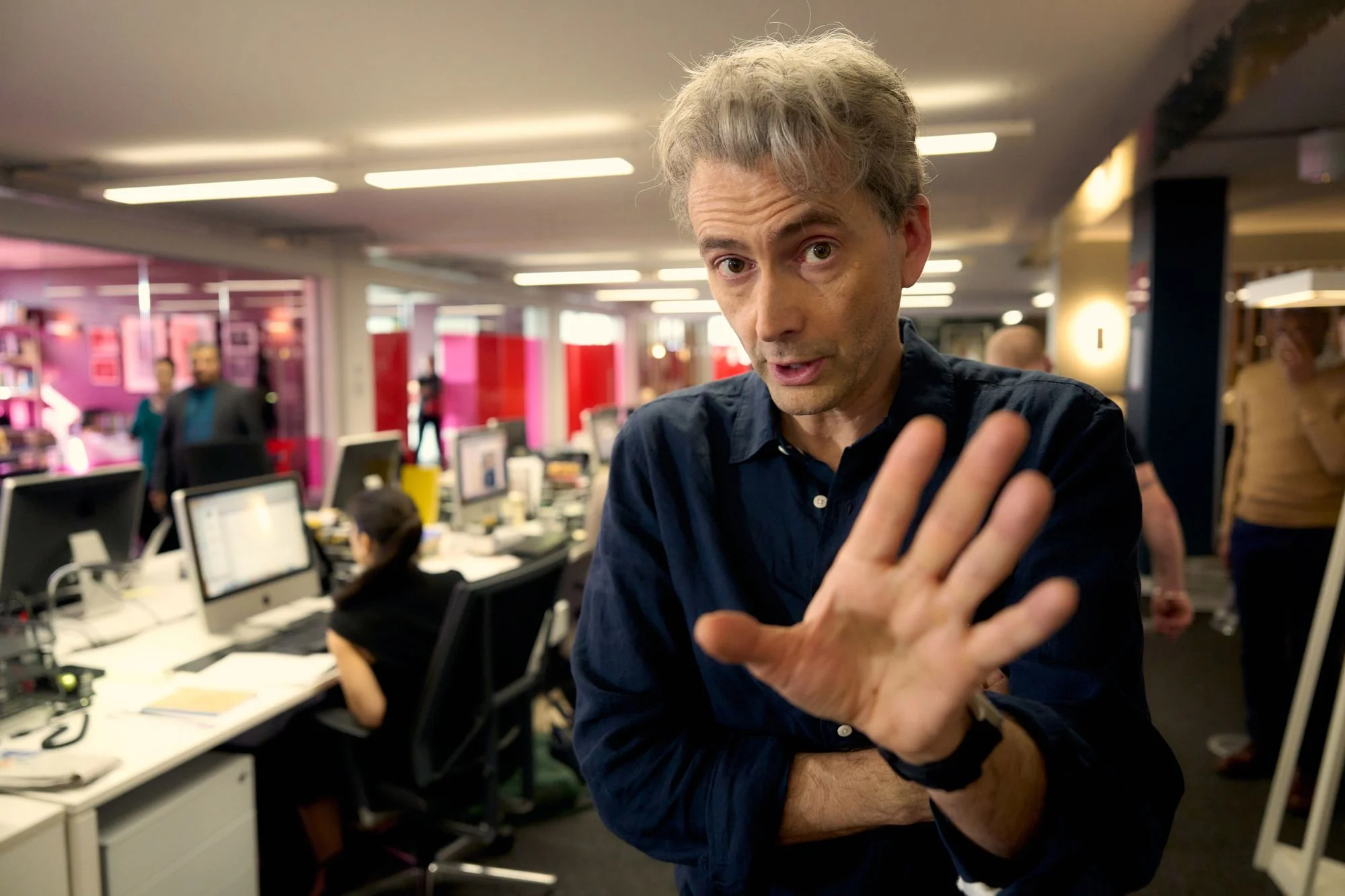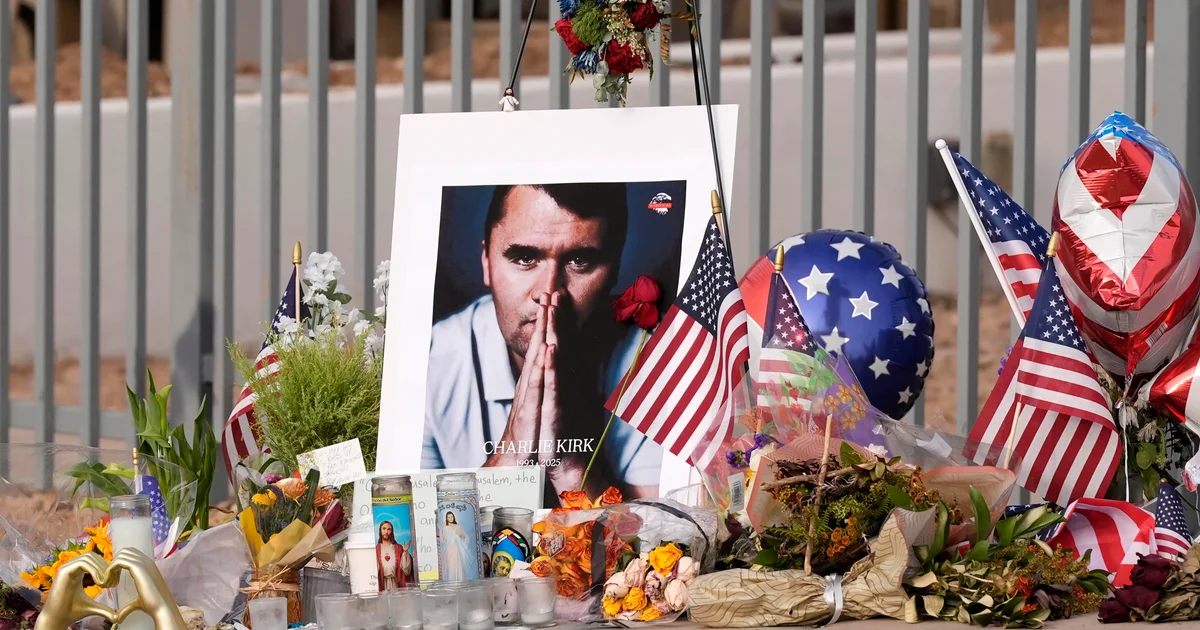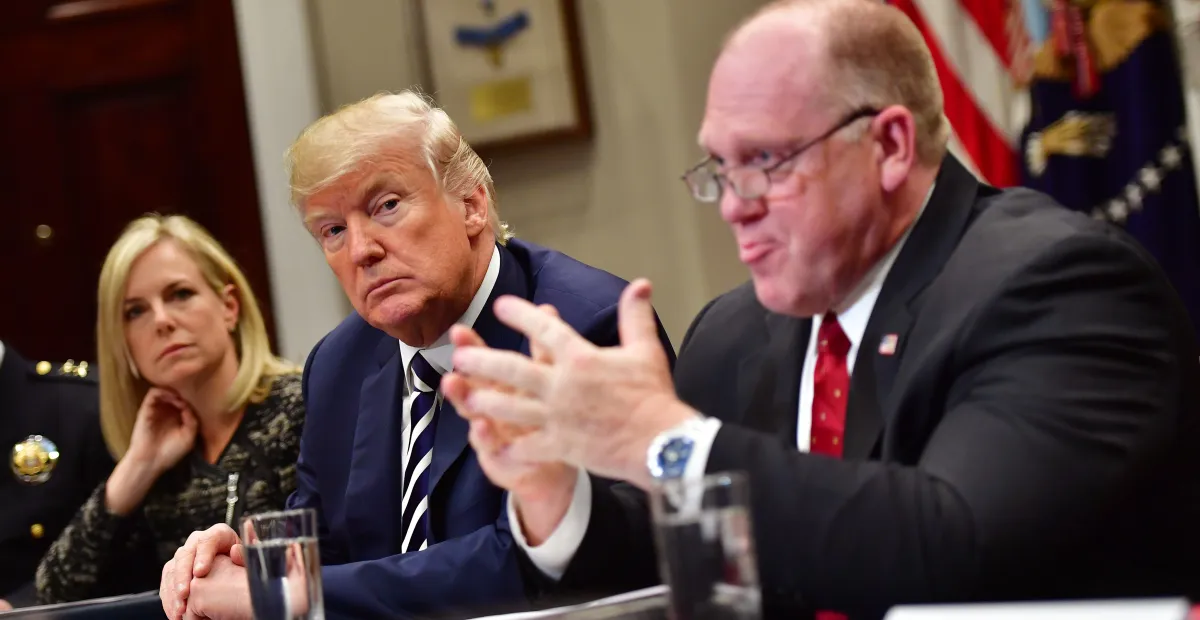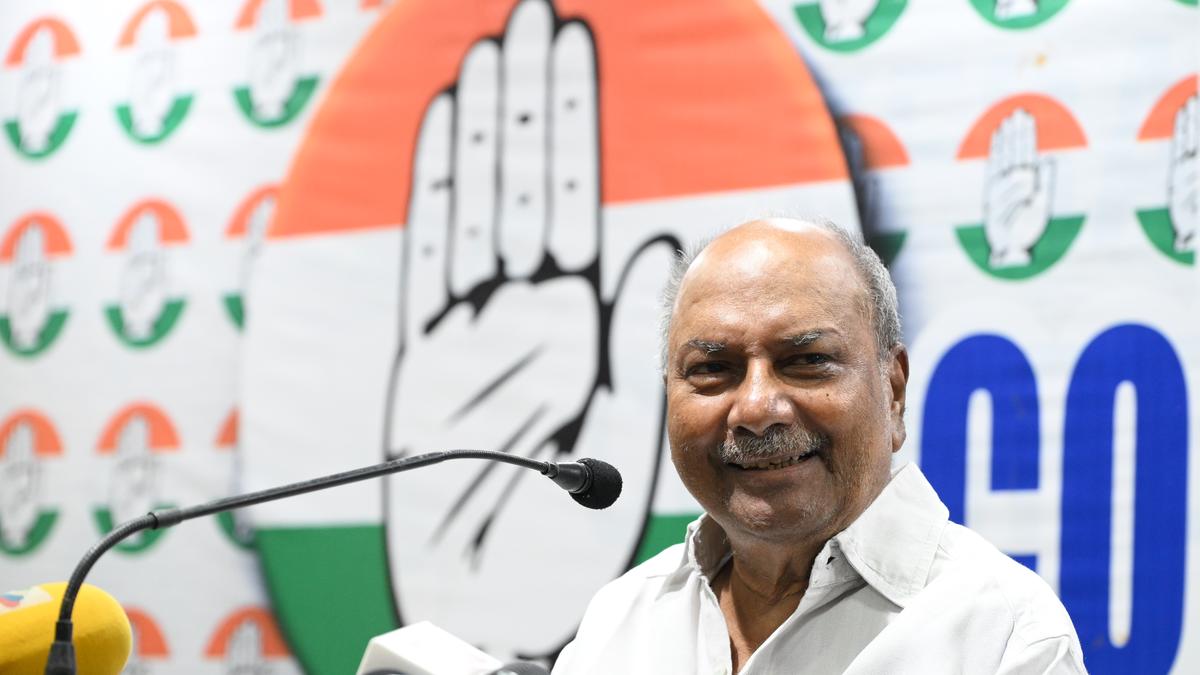The Hack review – David Tennant is a class act in sprawling ITV phone-hacking drama that tries to do too much
By Nick Hilton
Copyright independent

In a Royal Television Society panel last year, Richard Spence, an executive producer of Mr Bates vs The Post Office, claimed that British TV was no longer in a place where it could take a punt on a show like his 2024 four-parter about the subpostmasters scandal. It’s a claim that was repeated this week by prolific writer Jack Thorne, who has returned to our screens with ITV’s The Hack, an in-depth look at phone-hacking, which follows hot on the heels of Thorne’s other 2025 issue dramas: Toxic Town and the Emmy-sweeping goliath Adolescence.
At its centre is investigative reporter Nick Davies, played by David Tennant. He sports a leather jacket and appears perpetually frustrated about the state of journalism. “Journalists no longer have the time or the resources to do their jobs properly,” he tells the Today programme. But then a story falls into his lap (“evidence that could burn, f*** and destroy everything twice over”, he’s told), and offers him a chance to clean up the industry’s act.
Phone-hacking, an anonymous source known as Mr Apollo (Adrian Lester) informs him, is rife in the tabloid press. Davies and his editor, Alan Rusbridger (Toby Jones), then face the gruelling task of going head-to-head with News International, the monolithic media organisation run by antipodean oligarch Rupert Murdoch (Steve Pemberton).
While this is all going on, DCS Dave Cook (Robert Carlyle) is charged with reopening an investigation into the murder of Daniel Morgan, a PI who was cleaved to death with an axe in a pub car park. Could Morgan’s death somehow be related to the six-figure payments his agency was receiving from the News of the World? Heating up this cold case will bring Cook and his family into the orbit of red-top shutterbugs and worse.
Weaving the two stories together, Thorne has assembled a formidable cast across this sprawling canvas. Tennant is a class act as Davies, while Carlyle brings a crumpled dignity to his police officer (Jones is on slightly wiggy form as Guardian editor Rusbridger). As well as its headliners, The Hack makes use of some top UK talent in its panoply of real-life characters: Cara Theobold as Amelia Hill, Eve Myles as Jacqui Hames, Mark Stobbart as Andy Coulson, Rose Leslie as Charlotte Harris, and Dougray Scott as Gordon Brown.
The willingness of these actors (the named cast runs for seven pages on the press release) to take small parts in an ensemble speaks to the impact phone-hacking had on showbusiness culture. Equally, it is a sign both of Thorne’s impact as a writer and of ITV’s growing reputation as a teller of public service stories.
Because, for all that Spence (who also executive produces this) and Thorne might argue that the conditions no longer exist to make dramas such as Mr Bates vs The Post Office, they are referring to an alternative history in which Mr Bates was never made in the first place. But it was – and now British TV is relentlessly pursuing its successor in the national conversation.
“Some cases get under our skin,” Jamie Parker’s police chief tells DCS Cook. But phone-hacking has always been a tricky one. Invading the privacy of the grieving parents of Millie Dowler – a crime that invoked huge public outrage – was one thing, but much of The Hack focuses on internecine wrangling between celebrities and the media that made them. Is the man on the street as vexed by the power of Murdoch, and his terrestrial attaché Rebekah Brooks (Rosalie Craig), as is Britain’s liberal press?
This uncertainty about quite how penetrating the story is perhaps explains the attempt to intertwine it with the unsolved investigation into Daniel Morgan’s murder. The idea is interesting (beyond the very crude double meaning of “hack”), but the execution feels problematic. Davies’s segments are playful – he breaks the fourth wall repeatedly, revises and redacts in real time, and deploys impudent cameos by the likes of Jonathan Ross and Konnie Huq – while Cook’s are sombre. The balance between making the story of the investigation digestible and exposing the human toll is hard to strike, and while the chiaroscuro is occasionally effective, it’s all too often jarring.
There are a couple of good short dramas here that might have worked better as companion pieces rather than as a crossbreed. The story of phone-hacking, its exposure, and Brian Leveson’s inquiry into the practice is complex. It unfolds on a grand stage across British society and politics, involving a dramatis personae that stretches from Westminster to Fleet Street. And The Hack occasionally stumbles on the detail. Perhaps it would have been anathema to the story they’re telling, but Thorne and co feel too wedded to the truth, faithfully retelling a drama without a clear three-act structure.



